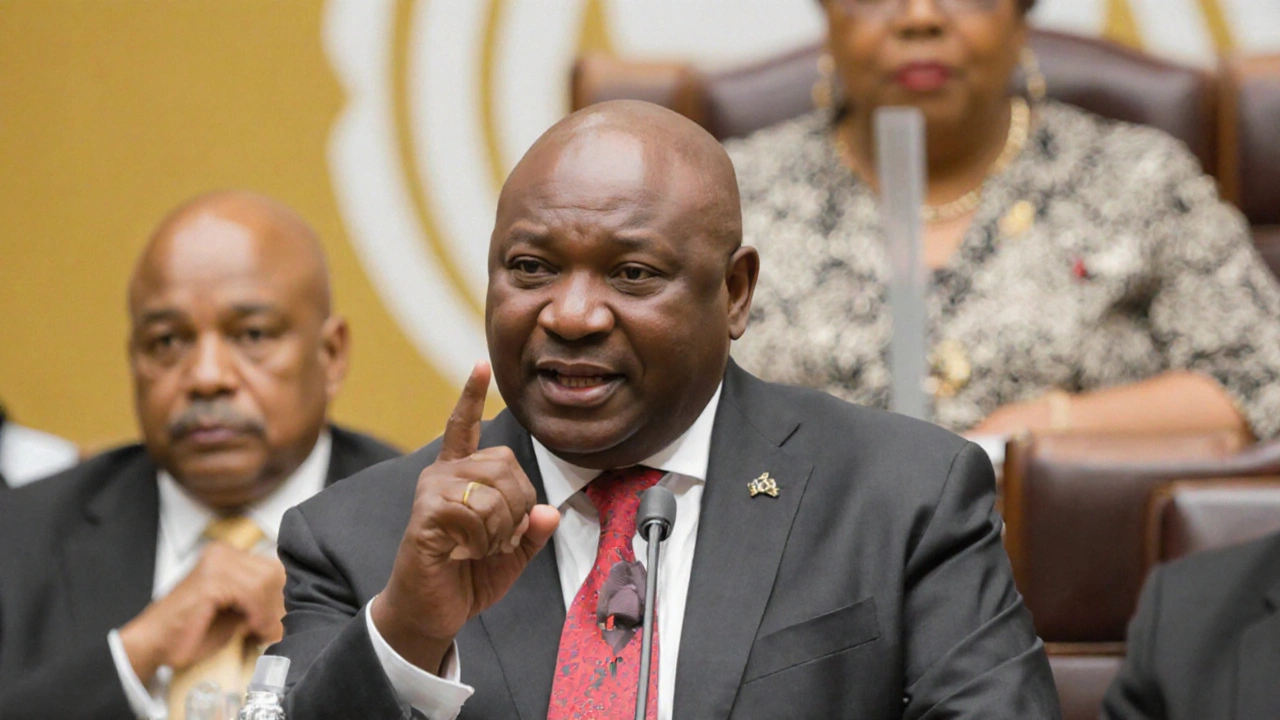Whistleblower Protection: Why It Matters and How It Works
When working with Whistleblower Protection, the legal and organizational safeguards that shield people who expose wrongdoing. Also known as whistleblowing safeguards, it creates a safer environment for reporting corruption, fraud, or abuse. This safety net is not just a nice‑to‑have; it fuels whistleblower protection as a cornerstone of transparent governance. Without it, fear of retaliation silences the very voices that keep power in check.
One of the core pillars is Whistleblowing Laws, statutes that define who can report, what qualifies as protected disclosure, and the penalties for retaliation. Effective laws require secure reporting channels, anonymous tip lines, and clear timelines for investigations. When a law mandates that a report be handled confidentially, it directly supports the anti‑retaliation policies that follow.
Speaking of support, Anti‑Retaliation Policies, organizational rules that prohibit punishment, demotion, or dismissal of whistleblowers are the practical arm of the legal framework. They demand that employers conduct impartial inquiries and provide restitution if a worker suffers backlash. In practice, a firm with strong anti‑retaliation measures can attract talent who value ethical workplaces.
How Transparency, Accountability, and Culture Connect
Transparency influences public trust, and that trust drives stronger whistleblower protection. When agencies publish their whistleblowing statistics, it signals a commitment to accountability. Likewise, a culture of openness requires clear reporting mechanisms, which ties back to both whistleblowing laws and anti‑retaliation policies. The interplay of these entities creates a feedback loop: robust legal safeguards boost transparency, and heightened transparency reinforces the need for solid safeguards.
Below, you’ll find a curated collection of stories and analyses that illustrate how these concepts play out across Africa and beyond—from political commissions testifying about interference to corporate cases where data‑privacy concerns intersect with whistleblowing rights. Dive in to see real‑world examples of how whistleblower protection shapes governance, business ethics, and everyday courage.

Madlanga Commission’s First Week Exposes Police Corruption and Political Interference
Sep 26, 2025, Posted by Ra'eesa Moosa
In its opening week, the Madlanga Commission heard powerful testimony from KwaZulu‑Natal Police Commissioner Nhlanhla Mkhwanazi. He alleged that Police Minister Senzo Mchunu colluded with criminal syndicates and ordered the shutdown of a high‑performing task force probing political murders. The hearing also raised concerns about financial abuse, the safety of whistle‑blowers and the wider impact on South Africa’s justice system.
MORE